- News
- Reviews
- Bikes
- Accessories
- Accessories - misc
- Computer mounts
- Bags
- Bar ends
- Bike bags & cases
- Bottle cages
- Bottles
- Cameras
- Car racks
- Child seats
- Computers
- Glasses
- GPS units
- Helmets
- Lights - front
- Lights - rear
- Lights - sets
- Locks
- Mirrors
- Mudguards
- Racks
- Pumps & CO2 inflators
- Puncture kits
- Reflectives
- Smart watches
- Stands and racks
- Trailers
- Clothing
- Components
- Bar tape & grips
- Bottom brackets
- Brake & gear cables
- Brake & STI levers
- Brake pads & spares
- Brakes
- Cassettes & freewheels
- Chains
- Chainsets & chainrings
- Derailleurs - front
- Derailleurs - rear
- Forks
- Gear levers & shifters
- Groupsets
- Handlebars & extensions
- Headsets
- Hubs
- Inner tubes
- Pedals
- Quick releases & skewers
- Saddles
- Seatposts
- Stems
- Wheels
- Tyres
- Health, fitness and nutrition
- Tools and workshop
- Miscellaneous
- Tubeless valves
- Buyers Guides
- Features
- Forum
- Recommends
- Podcast
feature
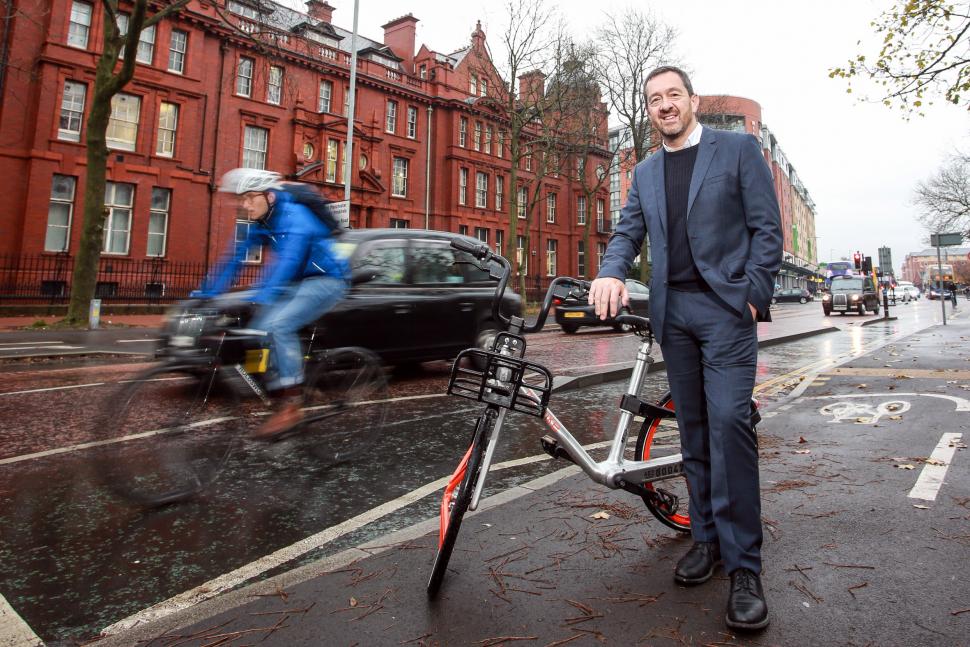 1 millionth Oxford Road cycle journey - Chris Boardman (credit - Chris Foster).jpg
1 millionth Oxford Road cycle journey - Chris Boardman (credit - Chris Foster).jpgFrom Highway Code changes to Active Travel England – the big cycling campaigning stories of 2022
This time last year, we were looking forward to the implementation of changes to the Highway Code primarily aimed at making the streets safer for people riding bikes, or getting around by foot – and unsurprisingly, that’s one of the themes highlighted in our end-of-year round-up of some of the big stories, for better or worse, that we have covered here on road.cc from an active travel campaigning point of view.
Highway Code changes come into effect – but get widely misreported
The opening month of the year saw the implementation of long-awaited changes to the Highway Code, including the introduction of a hierarchy of road users aimed at protecting the most vulnerable, and drivers being advised to give cyclists a minimum of 1.5 metres of space when overtaking.
Communication of the changes left a lot to be desired, however, with the Department for Transport (DfT) leaving it to the mainstream media to communicate them – and all too often, that was accompanied by misinterpretation of some of the new rules in the press.
One of the most glaring of those was the claim, repeated by several national newspapers as well as the London Evening Standard, that a new rule meant that drivers opening a vehicle’s door with the wrong hand could lead to them being fined £1,000, when in fact the updated Highway Code simply advised motorists to use the ‘Dutch Reach’ technique to reduce the possibility of dooring a cyclist, and the fine mentioned had been law for a number of years.
Another change in the wording of the Highway Code that was widely misreported was the claim that cyclists were being told to ride in the middle of the road, although what it actually did was clarify existing rules about road positioning when riding a bike, such as taking primary position in certain circumstances for safety reasons, something that cycling instructors have taught people for decades.
Duncan Dollimore, head of campaigns at Cycling UK, told road.cc shortly before the changes to the Highway Code came into effect that the DfT should have communicated the changes itself ahead of them coming into effect, “with simple, accurate and memorable messages.”
Instead, he said, “too many people are hearing about them through inaccurate news reports,” adding that “the inability of some in the media to understand the difference between a legal requirement, a ‘must’ or ‘must not’ in the code, and something which is advisory, such as using the Dutch Reach, is deeply disappointing.”
Active Travel England created – with Chris Boardman at the helm
One of the recommendations of the Get Britain Cycling report, published back in 2013 following a six-week enquiry by the All Party Parliamentary Cycling Group – subsequently renamed the All Party Parliamentary Group for Cycling and Walking (APPGCW) – was that a national cycling champion for England be appointed, and the most frequently mentioned name should such a post be created Chris Boardman.
We’d been trying for a while to get the former world and Olympic champion turned active travel campaigner as a guest on the road.cc podcast, and in January we discovered why he had been politely declining our invitations – he was leaving his position working alongside Greater Manchester Mayor Andy Burnham to head up the newly created body, Active Travel England.
Boardman said that the new body, which is tasked among other things with implementing the Gear Change strategy, published in 2020, would create “a legacy we will be proud to leave for our children and for future generations,” and that “it’s time for a quiet revolution.”
According to the DfT, Active Travel England “will be responsible for driving up the standards of cycling and walking infrastructure and managing the national active travel budget, awarding funding for projects that improve both health and air quality.”
Besides that, it “will also begin to inspect, and publish reports on, highway authorities for their performance on active travel and identify particularly dangerous failings in their highways for cyclists and pedestrians.
“As well as approving and inspecting schemes,” it will also “help local authorities, training staff and spreading good practice in design, implementation and public engagement. It will be a statutory consultee on major planning applications to ensure that the largest new developments properly cater for pedestrians and cyclists.”
Ruth Cadbury, the Labour MP for Brentford and Isleworth and co-chair of the APPGCW, described Boardman’s appointment as interim commissioner as “a fantastic step in the right direction for increasing levels of cycling and walking.”
Grant Shapps calls for cyclists to be insured, carry licence plates and be subject to speed limits
It’s been quite the year in politics, and while it is the seemingly revolving doors of Numbers 10 and 11 Downing Street that have grabbed the headlines, one of the big stories from our point of view involved former Transport Secretary Grant Shapps going spectacularly off-brief in August when he told the Daily Mail that cyclists should be insured, carry licence plates on their bikes, and be subject to the same speed limits as motorists.
Given that such issues are often raised in parliamentary questions – and shut down by DfT ministers whose replies consistently underline that the government has no plans to introduce such laws, one can only imagine the reception Shapps’ remarks, as reported by the Daily Mail, must have caused within his own department.
Even more baffling was the fact that the very same day, an interview with Shapps in The Times in which he said he was not attracted by the bureaucracy of number plates for cyclists appeared to contradict his own comments in the Mail – which led to us contacting the DfT to find out what on earth was going on.
“It's just proposals,” we were told. “No new policy has been introduced as of yet. The Times piece is the more accurate reflection of the Transport Secretary's view. That's his position on it.”
That didn’t exactly clarify matters, although a week and a half later, speaking to The Times again, Shapps had performed a total U-turn, perhaps after having the issues patiently explained to him by staff in Whitehall and fellow politicians.
In the meantime, Selaine Saxby, co-chair of the APPGCW, secured confirmation from the DfT that there were no plans for cyclists to be required to display number plates, nor to have to take out compulsory third party insurance.
Writing in a magazine column, she said: “The Transport Secretary's foray into the politics of cycling has certainly generated much debate and again demonstrated the strength of feeling from those pro and against cycling about how to best ensure the safety of all road users.
“From a policy perspective I have been assured by the Department of Transport, as the Transport Secretary has reiterated to the press, that he has no plans to introduce number plates for bicycles or compulsory insurance,” she added.
As with the misreporting of the Highway Code changes, however, the damage had largely been done, with the Green Party warning that the government’s apparent “anti-cycling narrative” risked creating more danger for cyclists – something highlighted by Shapps’ original comments published in the Daily Mail being gleefully seized on by a certain type of radio chat show host, not to mention celebrity lawyer Nick ‘Mr Loophole’ Freeman, whose own petition urging cyclists to be forced to wear tabards carrying an identification number had been firmly kicked into the long grass by the DfT in 2021.
Tyre Extinguishers take on SUV owners
One campaign group that got plenty of press coverage this year was Tyre Extinguishers, taking to the streets of cities in the UK and around the world at night to deflate the tyres of SUVs with the help of lentils inserted in the valves and leaving a leaflet tucked under the windscreen to highlight the environmental damage such vehicles are responsible for, plus the danger they pose to other road users.
Interventions by the group included one in the wealthy area of London that gave the vehicles their ‘Chelsea tractor’ nickname, and in an episode of the road.cc podcast we asked a member of the group why they had chosen to focus their campaign specifically on SUVs.
“We've chosen SUVs for a number of reasons – not least the International Energy Agency's research showing that the increasing pace of SUV buying is cancelling out all the carbon savings from people switching to electric cars,” they replied. “If SUV drivers were a country, it would be the sixth-largest emitter in the world.”
And as for the reaction their interventions have provoked? “We've had very many death threats, almost entirely from men,” they said. “There are a lot of men with fragile egos out there who seem to value their cars more than their children's future.
“But it’s worth saying we have had loads of support – lots of people getting in touch, saying they love what we're doing. We even had some journalists getting in touch saying they loved it, and not from media outlets you might expect to be sympathetic!” – the latter a reference to a weekend motoring article in the Telegraph which suggested drivers opt for smaller cars to avoid being targeted by the Tyre Extinguishers.
“This was proof to us that our campaign is starting to affect people's behaviour – that's a win,” they said. “Imagine what we could do if even more people got involved.”
Holborn gyratory safety changes given go-ahead
After more than a decade of campaigning by London Cycling Campaign and Stop Killing Cyclists, December brought the news that safety improvements at the Holborn gyratory system, where a number of cyclists have lost their lives in crashes involving large vehicles, had been given the go-ahead by Camden Council.
The strain that the coronavirus pandemic put on Transport for London’s budget, meaning it had to rely on short-term funding grudgingly provided by the government, meant that a number of major projects, including the long-planned remodelling of the Holborn area, had to be put on hold.
In mid-December, the project finally got the red light, with construction starting in the New Year, with the transformation of the gyratory system including segregated cycle lanes that will provide physical separation of cyclists from motor vehicles in an part of the capital that has long needed to be made safer for people on bikes.
Simon joined road.cc as news editor in 2009 and is now the site’s community editor, acting as a link between the team producing the content and our readers. A law and languages graduate, published translator and former retail analyst, he has reported on issues as diverse as cycling-related court cases, anti-doping investigations, the latest developments in the bike industry and the sport’s biggest races. Now back in London full-time after 15 years living in Oxford and Cambridge, he loves cycling along the Thames but misses having his former riding buddy, Elodie the miniature schnauzer, in the basket in front of him.
Latest Comments
- ubercurmudgeon 15 min 47 sec ago
Why should he give us a bad name, any more or less than another Jeremy, Clarkson, gives motorists a bad name?
- brooksby 33 min 34 sec ago
Well yes, but it is the holidays
- Bigtwin 1 hour 4 min ago
I have the gross misfortune to live on her "patch". The state of roads policing (and the actual roads) and consequent danger everytime one gets on...
- Rendel Harris 1 hour 45 min ago
Thank you for that excellent forensic analysis, I couldn't figure out where I'd gone wrong! Must drink more coffee and put on glasses before trying...
- Cugel 2 hours 53 min ago
Strangely, I've ridden all of those roads/routes you describe (and a lot more in Noerthern England) entirely without a gizmo of any kind, other...
- ktache 3 hours 25 min ago
Effective little things. Even have them on my Good Bike, my least reflectored. Still working through packs of them I got very cheap at Tesco.
- SimoninSpalding 6 hours 11 min ago
You could say the same for foam rollers and lots of other "massage " balls etc. In my experience you know when you get it in the right spot, and as...
- David9694 17 hours 58 min ago
One Stop in Evesham ram raided on Christmas Day by thieves https://www.worcesternews.co.uk/news/24821392.one-stop-evesham-ram-raide...
- Spangly Shiny 21 hours 13 min ago
Bullseye!
- chrisonabike 22 hours 5 min ago
Shurely "we have to build more housing! But developers won't build 'affordable housing'. And where can we find land anyway (lots of nimbys)?"...
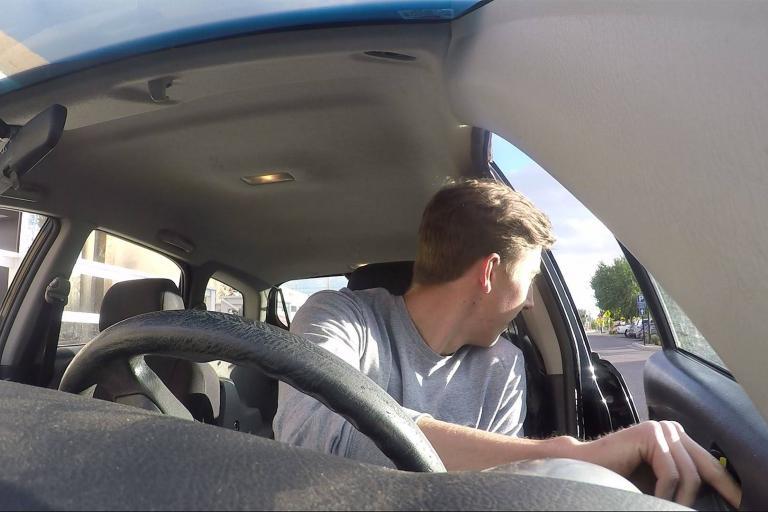
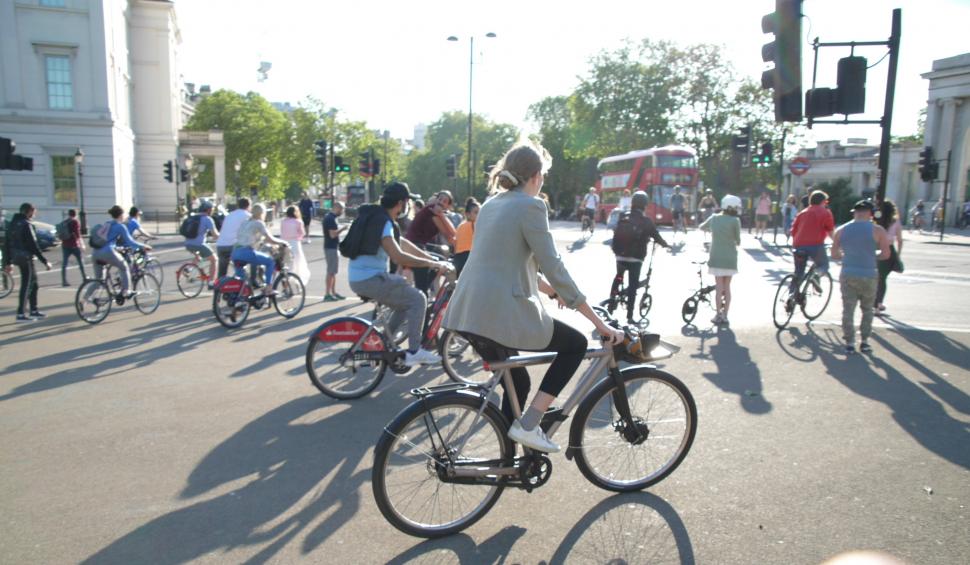
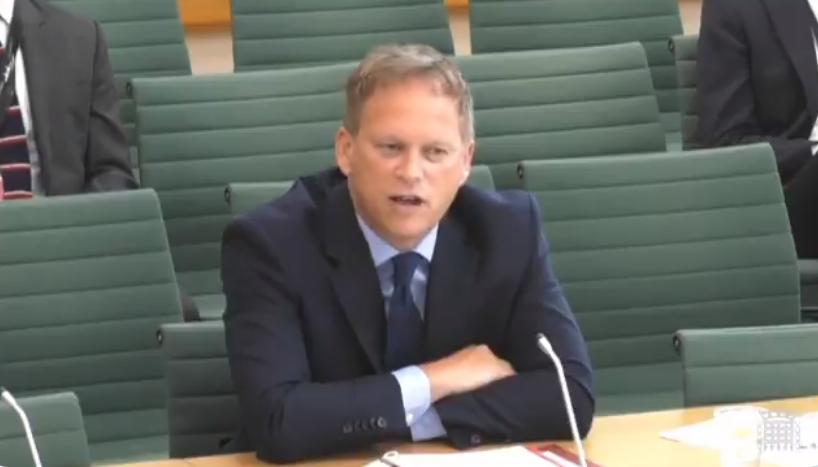
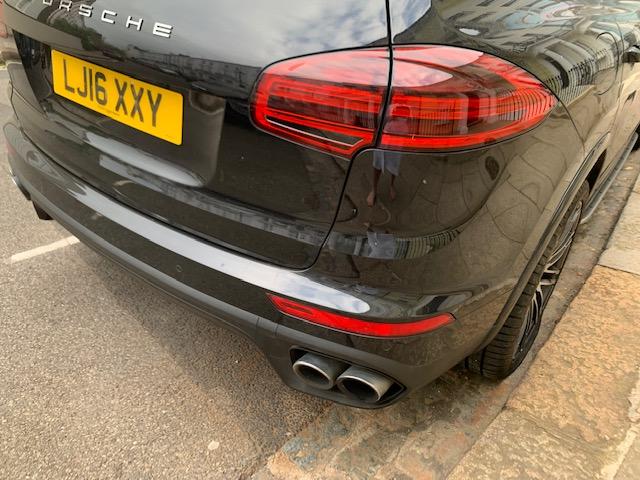
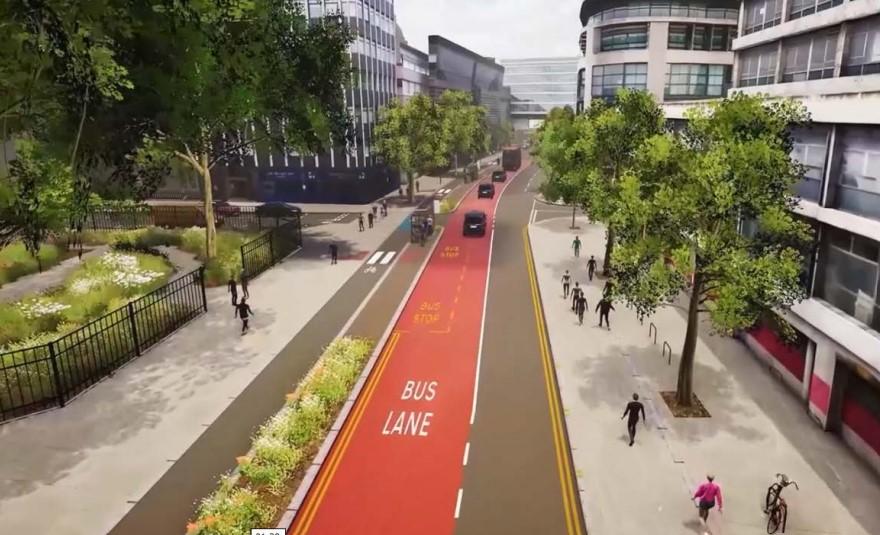
Add new comment
1 comments
Lovely summary of some key items this year, Simon.
Think there a Christmas 🎄 issue in last paragraph, though.
Red/Green lights.